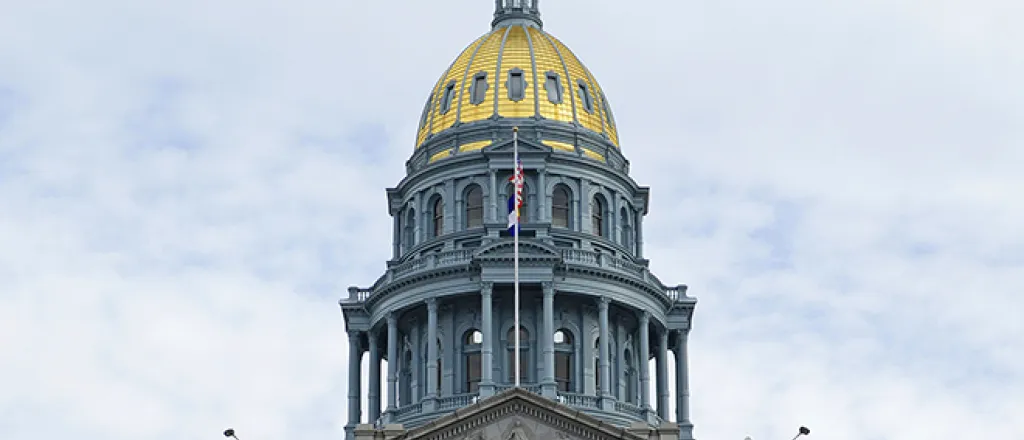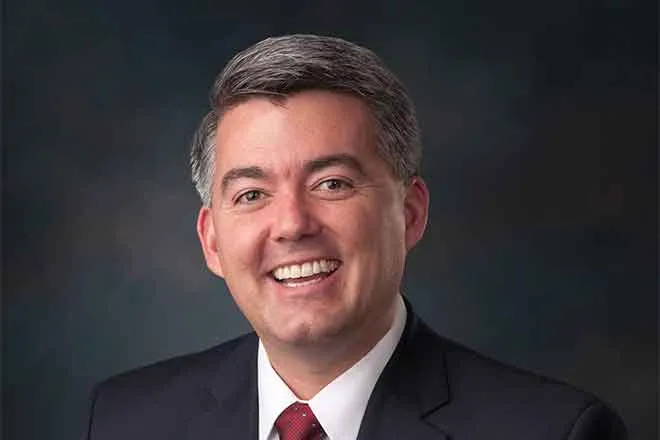
Governor Requests Reduction in Senior Exemption, Increased Marijuana Tax to Fund Schools
The Office of State Planning and Budgeting (OSPB) has submitted budget amendments to the Joint Budget Committee that apply to the FY 2017-18 budget request.
Within the request, the OSPB outlined Governor Hickenlooper's plan to address a $135.1 million reduction in property taxes triggered by the "Gallagher" amendment in the Colorado Constitution. The amendment requires that the total property tax burden in the State be shared more by non-residential owners than by residential owners. Because residential values have grown faster than non-residential values and the relative burdens are out of compliance with the Constitution, the mechanism to adjust the burden is to lower the residential assessment rate.
The Division of Property Taxation at the Department of Local Affairs (DOLA), using more updated information than the State had in December, projects that the residential assessment rate will drop 17.6 percent – from 7.96 percent to 6.56 percent. As a result, the lower residential assessment rate, net of other changes to projected enrollment, requires $106.2 million in State funds to keep the budget request whole. This equates to $122.70 per student in the school finance formula.
To bridge the gap, the Governor is asking for legislation to 1) reduce the Senior Homestead Exemption by half in FY 2017-18 ($68.1 million), and 2) increase the special sales tax on adult-use recreational marijuana to 12.0 percent in FY 2017-18 ($41.9 million). These amounts would be earmarked for K-12 education finance. Both changes require legislative approval but have prior voter approval, and the revenue can be retained by the State.
Without the increase in resources from these two legislative requests, the “negative factor” would increase to $982.3 million compared with $876.1 million in the FY 2017-18 budget request.
“One part of the Constitution lowers property taxes for schools and shifts the burden to the State, and another part of the Constitution says the K-12 school budget has to grow. This is a prime example of why we call our budget rules a ‘fiscal thicket,’” said OSPB director Henry Sobanet.
In the State of the State address last week Governor Hickenlooper asked legislative leaders to convene on the subject of K-12 education funding rules.
Other submitted budget amendments were detailed in a letter to the Joint Budget Committee of the General Assembly, view the Executive Branch Supplementals and Budget Amendments letter.
















